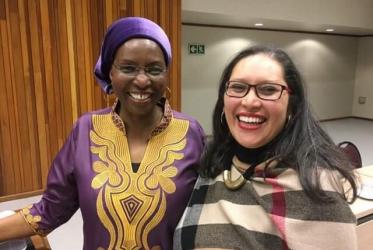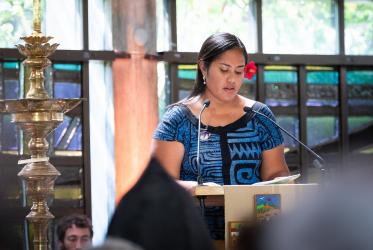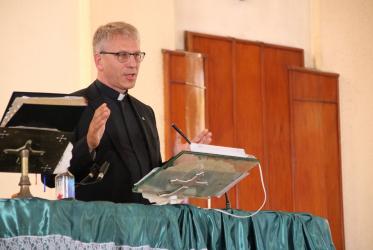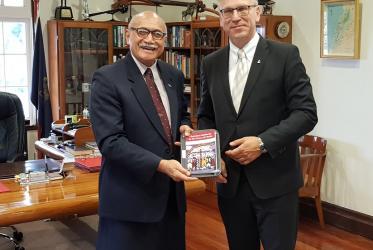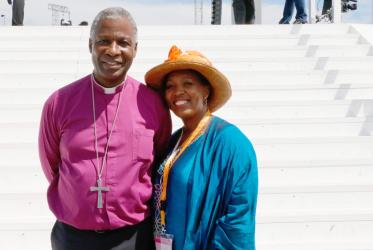Displaying 21 - 40 of 54
Young people play key role during papal visit
22 June 2018
#WCC70: Churches as “freedom agents”
12 February 2018
In Fiji, “time to go beyond the reef”
14 August 2017
Hopes shared in Tonga, where dawn starts first
06 August 2017
Tveit in South Africa: “ We know. We dare. We can.”
12 June 2016
